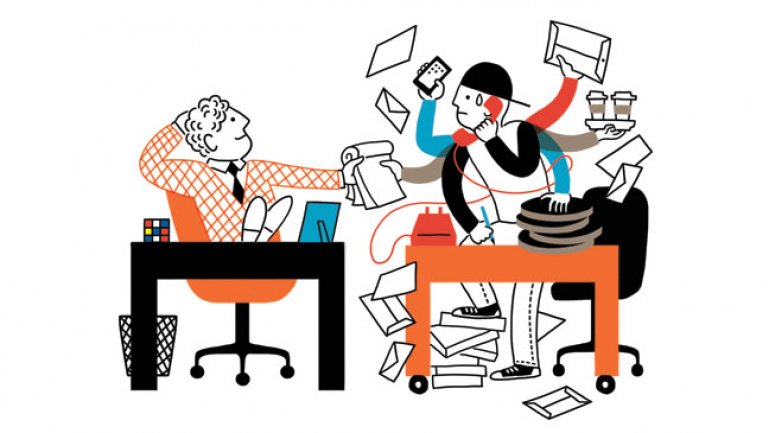I can be such a nerd sometimes… really nerdy things get me all excited. Case in point: licensing intellectual properties. Sure, your average person on the street doesn’t even know what that means, but I think there’s something entirely cool about developing technologies or intellectual properties (i.e., creating something valuable) and having other companies sell it in some shape or form and pay you a percentage of the proceeds. Several of my clients and past employers have exclusively used this business model to generate revenues. Cool, no?
(OK, I told you I can be a nerd.)
Today I found myself sitting at a presentation by Sidney Blum, an expert in the field of royalty auditing. Royalty auditing requires your licensees to open up their books and operations for a third party accounting audit in order to determine whether or not they have been paying your royalties properly.
According to Blum, licensees routinely underpay the licensors by 20-30%. Some licensees, by way of policy, underpay until they get caught, at which point they pay pennies on the dollar owed. Hello! That’s a good chunk of money if royalties are your main source of revenues. How much does a typical company spend on product development or sales and marketing to increase revenues by 20-30%?
Common reasons for the underpayment of royalties range from fraud to oversight, to misinterpretation of the terms of the contract such as: the “sales price” (what happens to discounts, freebees, barters, etc), inventory accounting (does anyone really have a good handle on their inventory?), sub-licensing, foreign exchange conversion rates, and many other factors.
I know, when you’re working on that licensing agreement, everyone is ready to pop the champagne bottles, and details fall by the wayside. It’s particularly exciting when you are with a smaller company licensing IP to a larger company (been there, done that). But you want to make sure to get paid for your hard work. So here are some things to consider for a licensing deal:
Engage a royalty auditor in the early stages of contract negotiation. Everyone associates contract administrators and attorneys with licensing agreements. But I highly recommend (my clients know what this means – “you must”) you also engage a royalty auditor in the early stages of a licensing contract negotiation. They will know what can go wrong and try to prevent it from happening.
Include a detailed audit clause in the contract. Discuss the details with your royalty auditor.
Include penalties and back interest in the contract. Not everyone does.
Don’t be afraid to perform royalty audits. Seems a bit nerve wracking, but get used to performing this regularly. According to Blum, licensees don’t walk away from a good deal because they were audited. Think about it, if they have nothing to hide, the audit shouldn’t bother them (except it’s probably a pain in the neck, but that should be part of the contract – not the pain in the neck, the audit).
Expect some underpayment beforehand. I know someone who owns a bunch of bars who factors cash-stealing by employees into his business model. You can apply the same principle to your business. Increase your minimum annual royalties, or simply raise your royalties to cover for the loss.
Enforce the contract. Once the contract is signed, make sure your finance department understands it in detail so they can charge your licensees properly. Make sure all the negotiated clauses are enforced.
Keep your licensees. Sure, they all underpay, but they’re still paying! Don’t lose your licensees over underpayment issues. Have a good contract in place, enforce it, and make the licensee pay penalties for misbehaving. Then get back to business.
At the end of the day, conducting a royalty audit is a business decision. More often than not, the audit more than pays for itself. The question becomes how often you will conduct them, and how you’ll collect your royalties once the underpayments are discovered. That’ll be up to you and your licensees.
Disclaimer I: under no circumstances, any IP attorney or audit CPA I have ever known or will ever come to know will be considered a nerd. Count on them being way cool. You heard it here first.
Disclaimer II: Disclaimer I was not written by an attorney.



